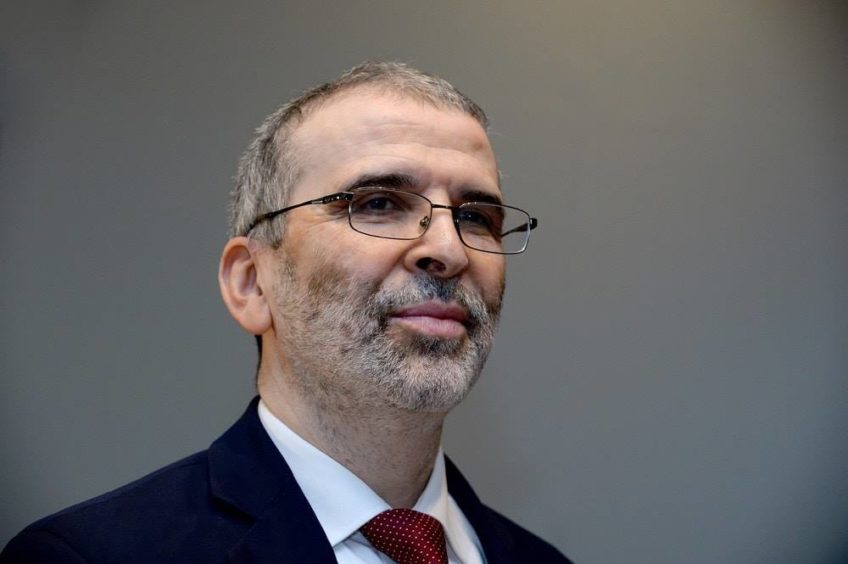
The National Oil Corp. (NOC) has declared force majeure at its Marsa al Hariga terminal, as of April 19, blaming the Central Bank of Libya (CBL).
The oil company and CBL have had a long-running dispute that had appeared to be resolved in mid-March. NOC has blamed CBL, even while the political debate over the budget rages.
NOC blamed the CBL for continuing to fail to provide cash for the oil sector. As such, the Arabian Gulf Oil Co. (Agoco) has been unable to sustain its operations and halted production, shuttering around 280,000 barrels per day of oil.
Agoco exports the Sarir and Messla crudes from the Marsa al Hariga port.
Financial frustrations
Stoppages will cost 118 million Libyan dinars ($26mn) per day, the company said.
NOC said it placed the blame for Agoco’s cash problems squarely on the CBL. The financial institution has failed to make payments approved by the previous Government of National Accord (GNA), from November 2020.
CBL has provided only 2% of the cash that the oil sector requires for the targets set for 2021, NOC said.
Further, CBL has spent oil revenues on “illusive credits and unnecessary goods”, NOC continued. The company said the bank was behind “all the major technical problems” in the oil sector since September 2020.
Libya has not yet passed its national budget. This new agreement does set out cash for NOC, said to be around $1.7 billion.
The eastern-based House of Representatives has objected to the document, which the Government of National Unity (GNU) created.
Verisk Maplecroft’s North Africa analyst Hamish Kinnear said that it was unclear which side was right.
The CBL may have held back funds promised by the GNA, he said. “The CBL, however, is now formally subject to budgetary requests issued by the GNU, the GNA’s successor government that took office in March 2021. As the GNU’s budget is held up, which institution is entitled to which funds is unclear.”
Kinnear predicted international pressure would drive a resolution of the force majeure within one to two weeks.
Service impact
The oil sector “is in more trouble than ever”, NOC said. It is inevitable that further disruption will come, with an impact on service companies and flights.
“We have repeatedly warned of the consequences of ignoring the integrity of the assets of the [NOC] and the serious damage that this measure poses to equipment and surface facilities, as well as a real threat that leads to the destruction of the remaining oil assets and its disastrous impact on the country’s economy,” said the company’s chairman Mustafa Sanalla.
NOC said the CBL had politicised the oil sector. The company said it would take steps to secure its future and also asked the Attorney General to take the needed legal steps to protect Libya’s income.
Kinnear said NOC’s force majeure was an innovation, but not in a good way.
“For an oil sector battered by years of oil blockades imposed by militias seeking extra cash, it is hardly a helpful innovation, particularly as the NOC attempts to attract foreign investment from IOCs back to the country.”
Update at 5:00 pm with Kinnear comments.
